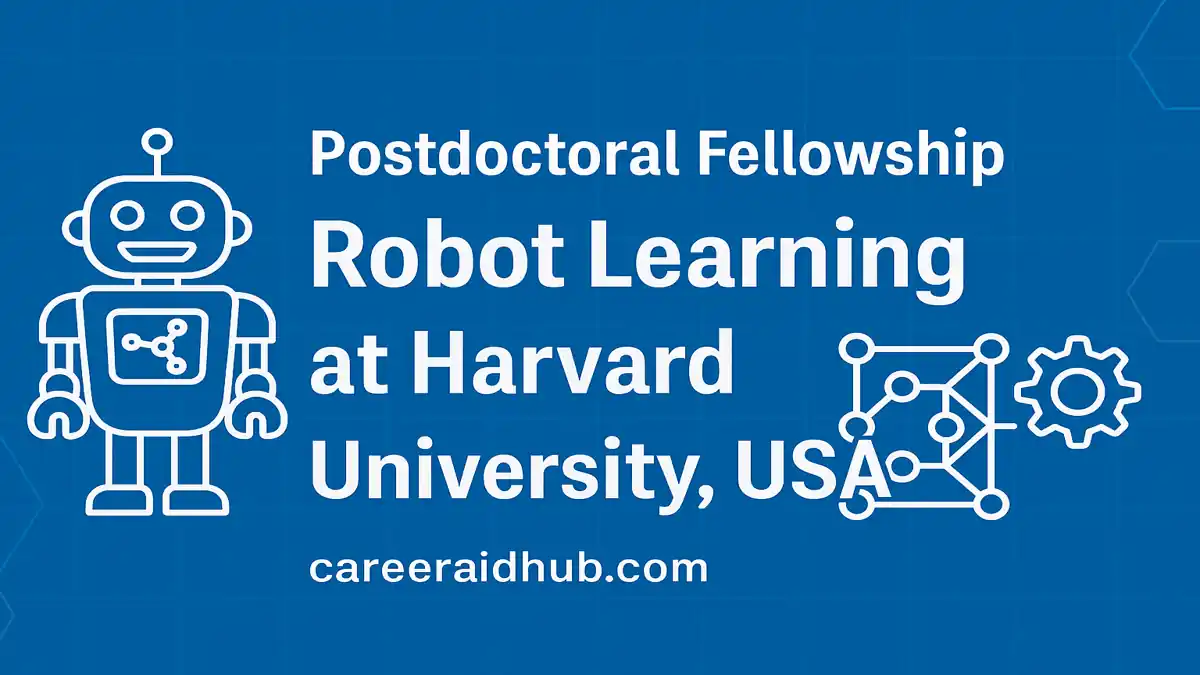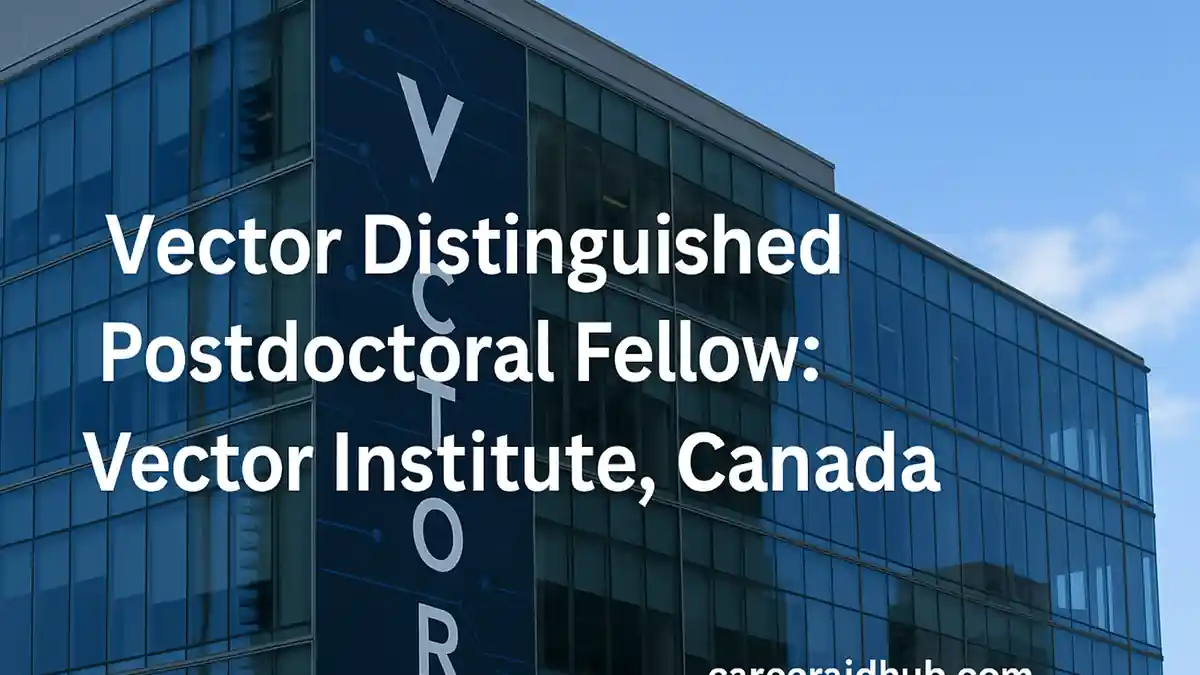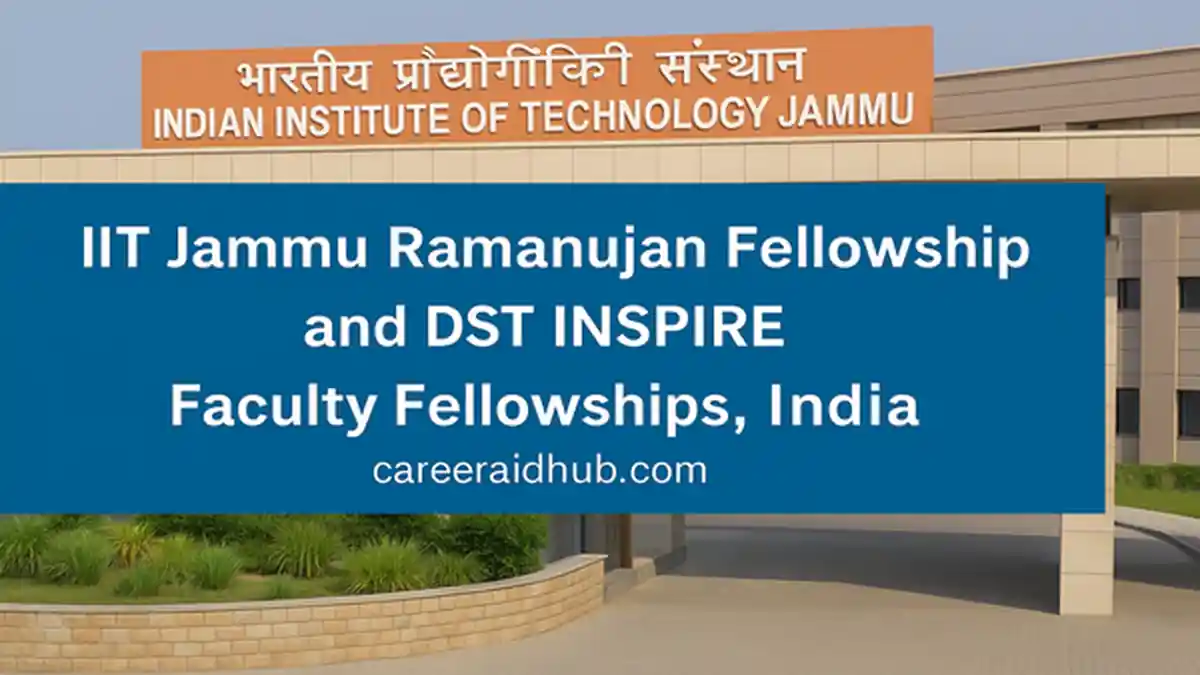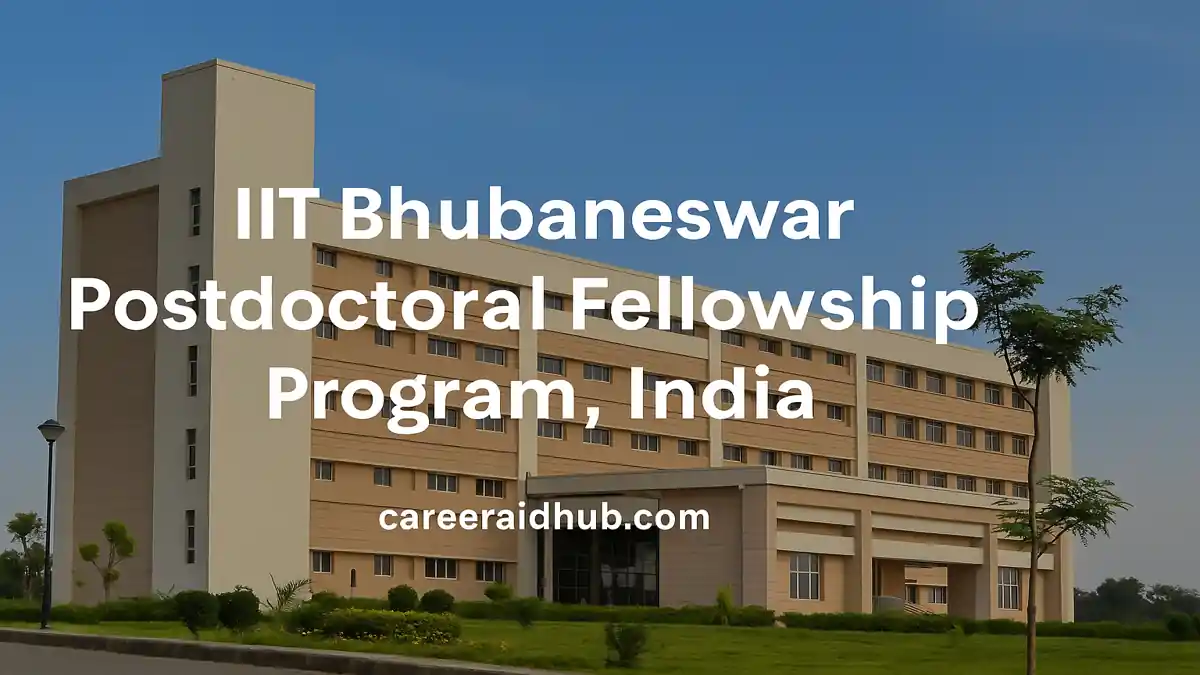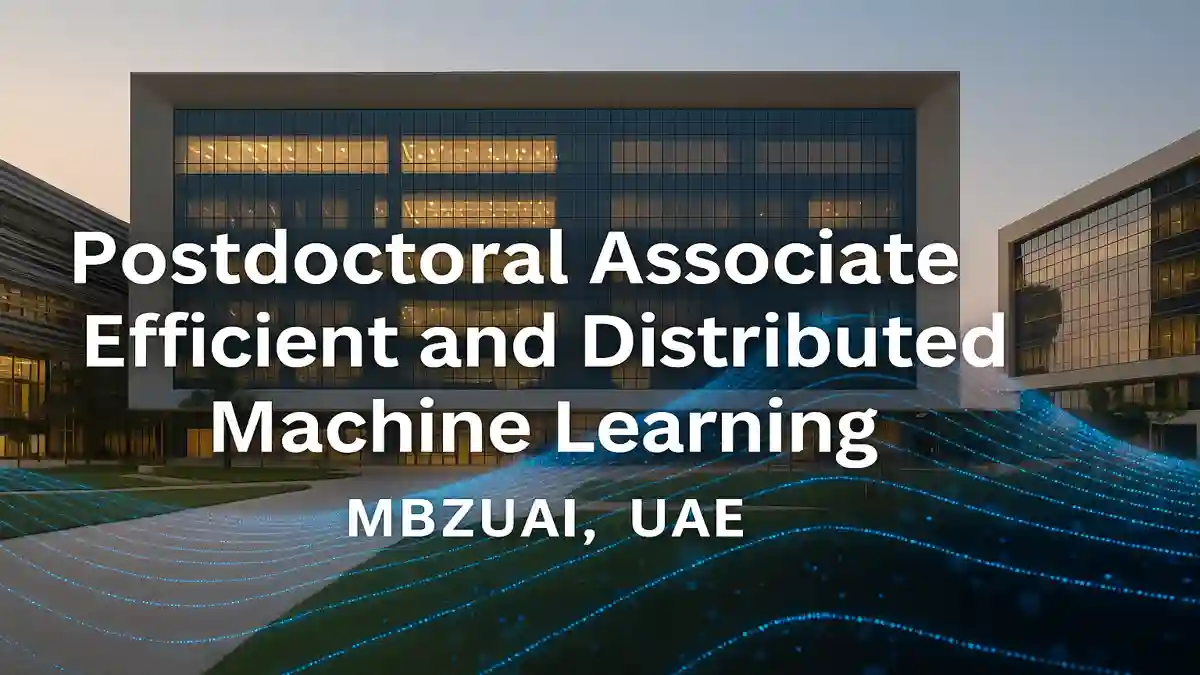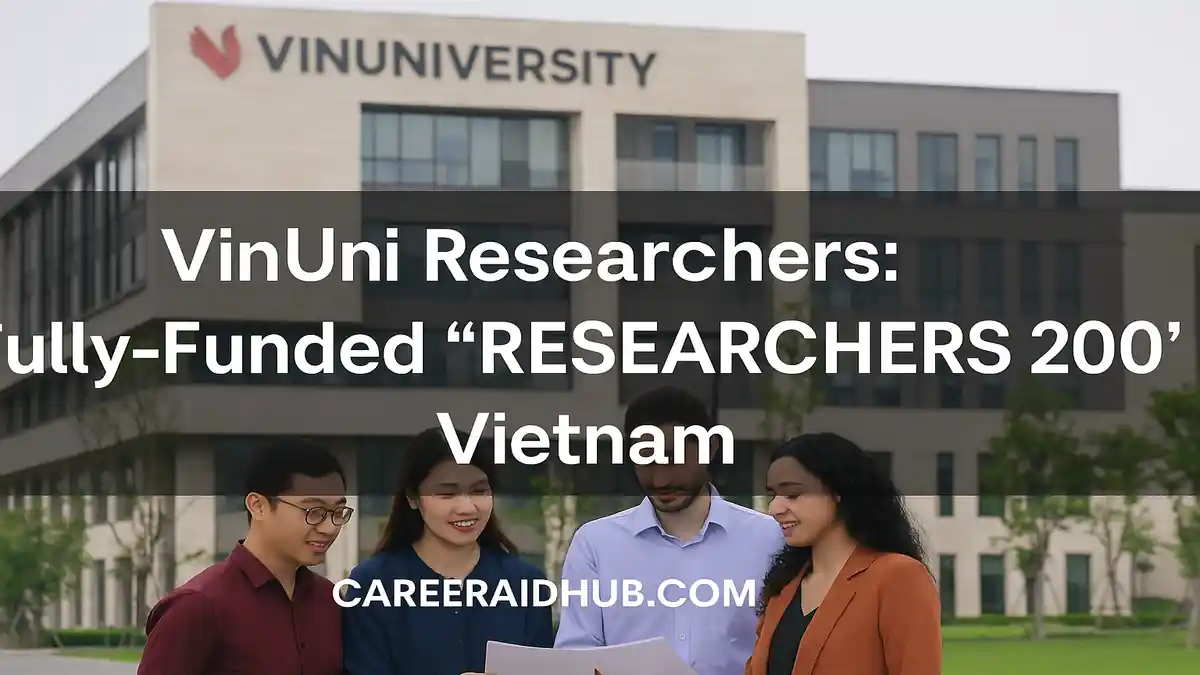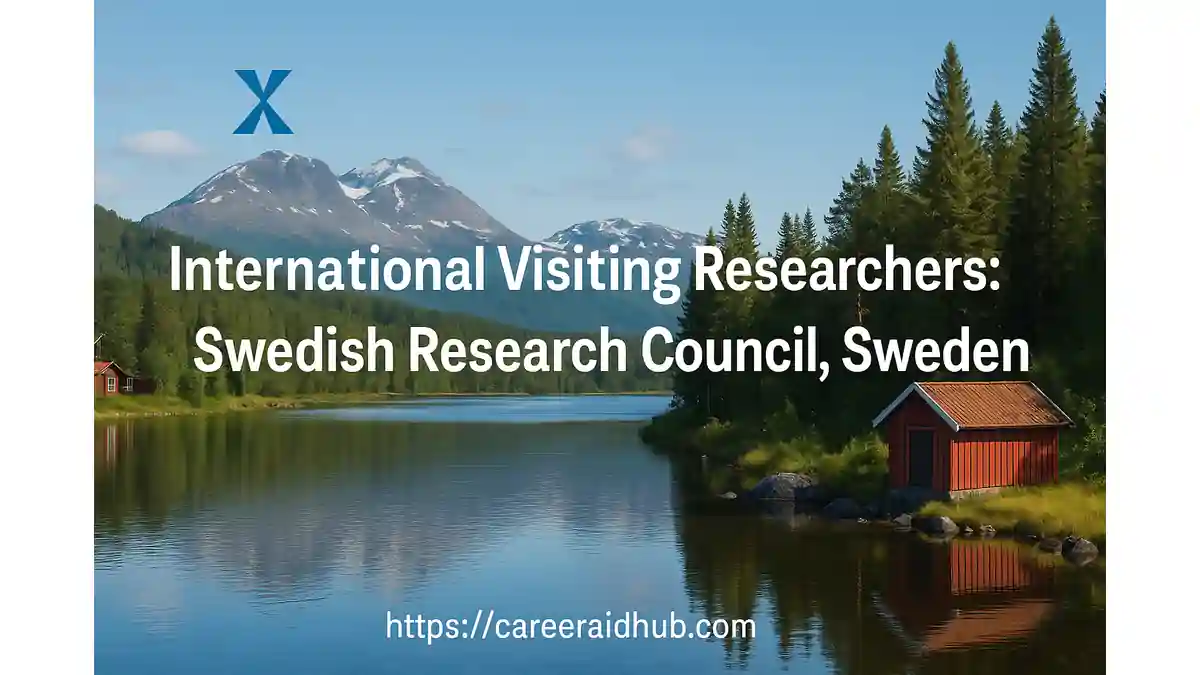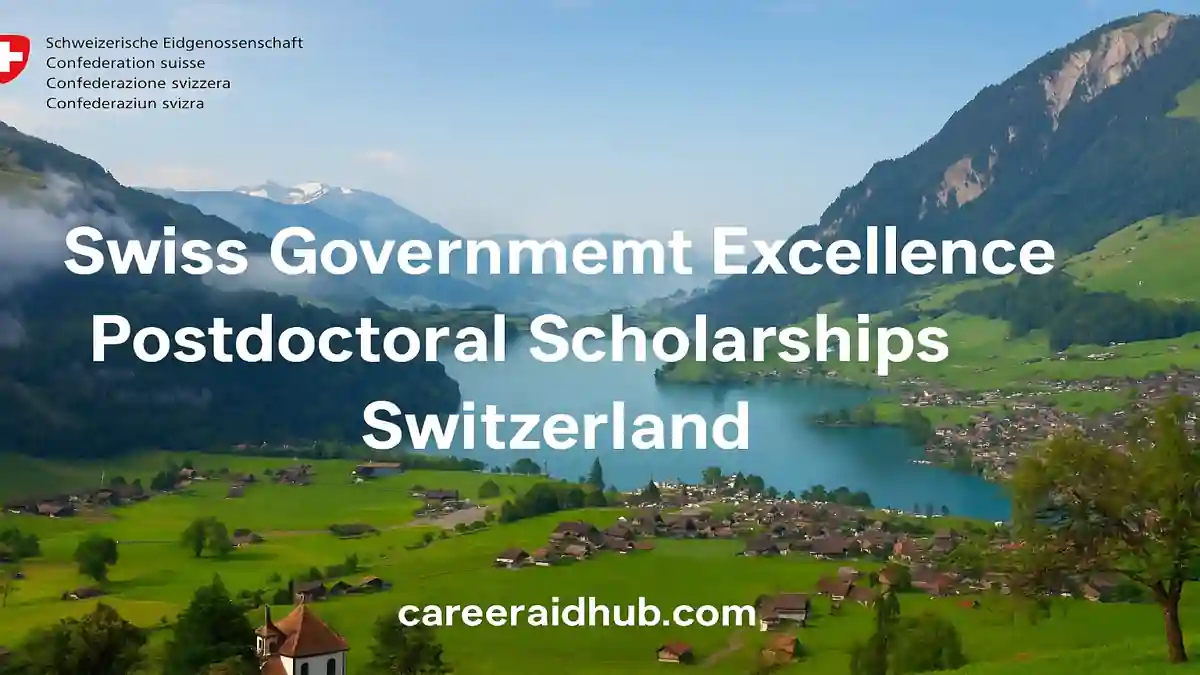Launch Your Academic Career in Robot Learning at Harvard University – Fall 2025 Postdoctoral Fellowship
Harvard University’s John A. Paulson School of Engineering and Applied Sciences (SEAS) has officially announced a prestigious Postdoctoral Fellowship in Robot Learning, commencing in Fall 2025. This fellowship offers early-career researchers an exceptional opportunity to work at the intersection of robotics, artificial intelligence, and machine learning, guided by Harvard’s world-class faculty. The position supports independent research and collaborative innovation in a dynamic, interdisciplinary environment.
According to Harvard Academic Positions, this program is tailored for Ph.D. graduates in relevant fields such as Computer Science, Electrical Engineering, and Mechanical Engineering who seek to make impactful contributions to robot intelligence.
This postdoctoral appointment is designed as a long-term, research-intensive role focused on fostering innovative thought leadership in robot learning. Candidates will contribute to the foundational development of the newly established Robot Learning Lab under Professor Du’s direction.
Program Overview and Timeline
Start Date: September 2025 (with flexibility if required)
Initial Appointment: 1 year, renewable for up to 2 additional years (total duration: 3 years)
Program Lead: Professor Yilun Du
Research Objectives and Ideal Candidate Profile
justify;">Research Responsibilities
-
-
Engage in cutting-edge research in areas such as reinforcement learning, robotic perception, control systems, and embodied artificial intelligence.
-
Collaborate on research publications for top-tier conferences and journals.
-
Participate in internal seminars and interdisciplinary collaborations within SEAS and across Harvard University.
Candidate Qualifications
-
-
A completed or near-complete Ph.D. in Computer Science, Electrical Engineering, Mechanical Engineering, or a related discipline.
-
Demonstrated expertise in robotics, machine learning, computer vision, or control theory.
-
A strong research portfolio, including peer-reviewed publications and open-source contributions.
-
A collaborative mindset, intellectual independence, and commitment to advancing knowledge in robot learning.
The role is particularly suited for candidates who exhibit a balance between theoretical insight and applied research, with a passion for pioneering new paradigms in intelligent systems.
Application Process and Submission Guidelines
Applicants must submit the following materials via the Harvard Academic Positions Portal:
-
-
Curriculum Vitae (CV) – Comprehensive and updated, including academic achievements, research contributions, and relevant projects.
-
Cover Letter – Clearly articulate your research interests, experience, and alignment with Professor Du’s lab objectives.
-
Research Publications – Include up
to three representative works that best reflect your expertise and research direction.
-
References – Provide the names and email addresses of three academic referees who can attest to your qualifications and research capability.
Why Apply: Key Benefits of the Harvard Postdoctoral Fellowship
1. Work in a Top-Tier Research Environment
As part of Harvard SEAS, fellows will be immersed in a vibrant academic setting ranked among the world’s leading engineering institutions.
2. Be Part of a Foundational Research Team
Joining Professor Du’s newly launched lab means taking an active role in shaping its direction, culture, and long-term impact.
3. Secure Long-Term Research Stability
The three-year fellowship structure ensures the opportunity to develop complex, high-impact projects without the constraints of short-term deadlines.
4. Collaborate Across Disciplines
Engage with scholars across Harvard and partner institutions to drive interdisciplinary discoveries that extend beyond traditional robotics research.
5. Professional and Academic Development
Benefit from Harvard’s wide-ranging resources, including professional workshops, career mentorship, and opportunities to contribute to teaching or outreach.
Application Timeline
and Suggested Milestones
-
-
Winter 2024 – Spring 2025: Submit application through the Harvard portal.
-
Spring – Summer 2025: Invitations for virtual or on-campus interviews will be extended.
-
Summer 2025: Final selections and offer extensions.
-
Fall 2025: Fellowship commences (September, exact date to be updated).
Next Application Cycle: Fall 2026 (Expected) – We will update this section when new dates are announced.
Strategies to Strengthen Your Application
Crafting a Strong Cover Letter
Presenting a Robust CV
-
-
Highlight academic accomplishments, collaborative projects, and technical skills.
-
Include links to GitHub repositories or demonstration videos if applicable.
Selecting Publications
-
-
Choose a diverse range of theoretical, applied, and experimental works.
-
Add brief annotations to contextualize
each paper’s contribution.
Choosing Referees Thoughtfully
-
-
Select academic mentors who are familiar with your work and can provide detailed, supportive recommendations.
-
Notify referees early to ensure timely submission.
Diversity and Community Engagement
Harvard SEAS maintains a deep commitment to diversity, equity, and inclusion. Applicants from historically underrepresented groups in STEM, international researchers, and first-generation scholars are strongly encouraged to apply. The fellowship offers an inclusive space for innovation where ideas thrive across diverse perspectives.
Resources and Support Infrastructure
Fellows will benefit from:
-
-
Access to advanced robotics and AI research facilities.
-
Professional development programming including grant writing and conference preparation.
-
Integration into campus-wide communities of practice, peer groups, and innovation hubs.
Hero Summary
Harvard University’s Postdoctoral Fellowship in Robot Learning (Fall 2025) offers early-career scholars the opportunity to engage in world-class research at the cutting edge of robotics, machine learning, and intelligent systems. With mentorship, funding stability, and interdisciplinary exposure, this position is a launchpad for impactful academic and research careers.
Program Summary Table
| Feature |
Details |
| Program Name |
Postdoctoral Fellowship in Robot Learning |
| Host Country / Region |
United States (Harvard University, MA) |
| Funded By |
Harvard John A. Paulson School of Engineering and Applied Sciences |
| Duration |
1 year initially, renewable up to 3 years total |
| Study Mode |
Full-time, On-Campus |
| Eligibility |
Ph.D. in CS, EE, MechE, or related; strong background in ML/Robotics |
| Financial Support |
Competitive salary, research resources, conference travel support |
| Fields of Study |
Robotics, Reinforcement Learning, AI, Perception, Intelligent Systems |
| Application Deadline |
Rolling basis; apply before Spring 2025 for full consideration |
| Official Website |
Click Here |
Final Thoughts
This fellowship is a gateway to shaping the future of intelligent robotic systems within one of the world’s most prestigious academic ecosystems. The Harvard SEAS environment fosters research excellence, innovation, and leadership, preparing postdoctoral scholars for successful careers in academia, industry, or policy. Interested candidates are encouraged to apply promptly to take advantage of this extraordinary opportunity.
References
-
Harvard Academic Positions. “Postdoctoral Fellow in Robot Learning.”
-
Harvard SEAS. “Research at the School of Engineering and Applied Sciences.”
FAQs
What is the Harvard postdoc in robot learning about? It’s a funded postdoctoral fellowship at Harvard SEAS focusing on AI, robotics, machine learning, and control systems under expert faculty mentorship.
Who is eligible for the Harvard robot learning postdoc? Applicants must hold or be near completion of a PhD in Computer Science, Electrical Engineering, Mechanical Engineering, or a closely related discipline.
When does the Harvard postdoctoral fellowship start? The fellowship begins in Fall with flexible onboarding; applications are reviewed on a rolling basis until positions are filled.
How long is the Harvard robot learning postdoc? The position is initially for one year and may be renewed for up to two additional years, totaling three years of research engagement.
What areas of research are included in the fellowship? Key areas include reinforcement learning, robotic perception, intelligent systems, embodied AI, and advanced robotics algorithms.
How can I apply for the Harvard robotics postdoc? Applicants must apply online via Harvard Academic Positions, including a CV, cover letter, three publications, and three academic references.
Is the Harvard postdoc in robot learning fully funded? Yes, the position provides a competitive salary, research support, access to lab facilities, and funding for conference participation.
Who supervises the Harvard postdoc in robot learning? The fellowship is led by Professor Yilun Du, an expert in artificial intelligence and robotics, at the School of Engineering and Applied Sciences.
Can international candidates apply for this Harvard postdoc? Yes, international PhD holders and scholars from underrepresented groups are encouraged to apply and contribute to the lab’s diversity.
What makes the Harvard postdoc in robotics unique? It combines cutting-edge AI research, interdisciplinary collaboration, and a supportive academic ecosystem within a globally renowned institution.
Premium Mentorship for a Stronger Application
- Premium Mentorship: personalised 1:1 guidance for this and similar opportunities
- In-depth review of your CV, academic profile, and key statements
- Aligned with international selection criteria so your profile matches what panels expect
- Stronger, more compelling narrative for highly competitive calls
- Step-by-step support from opportunity mapping to final submission (fee-based)
Subscribe Premium Mentorship

